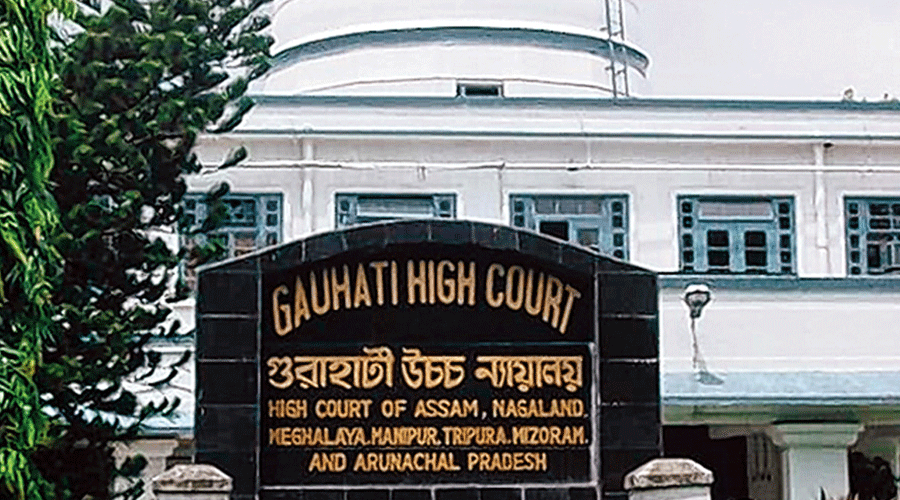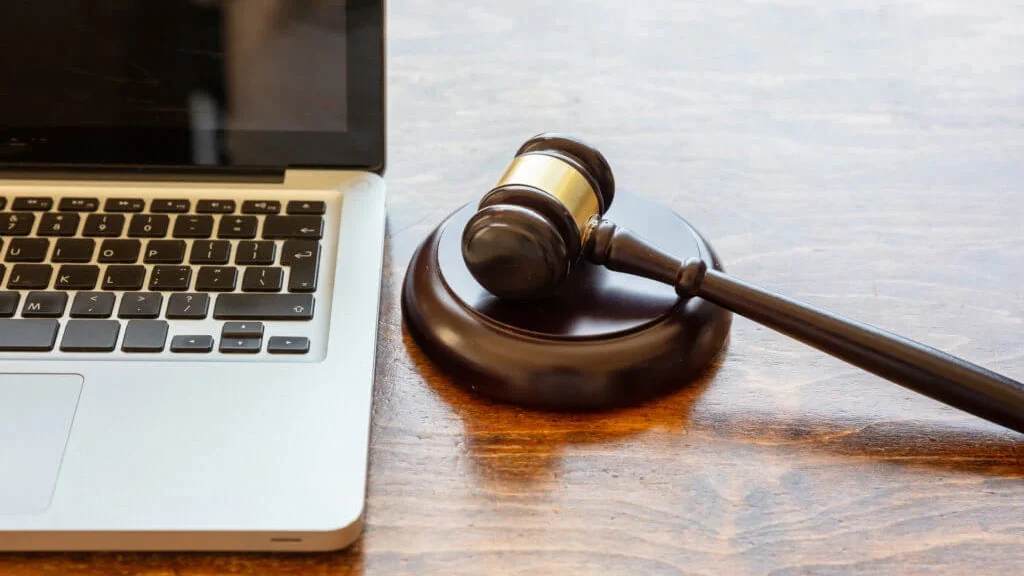
Gauhati High Court grants bail to accused in 2019 Guwahati grenade blast case
Last Updated on January 16, 2024 by News Desk
The Gauhati High Court recently granted bail to one of the accused in the 2019 grenade blast incident near Guwahati Central Shopping Mall, on the grounds of insufficient evidence.
A bench comprising Justice Michael Zothankhuma and Justice Malasri Nandi granted bail to the accused Indra Mohan Borah, who was booked under the Unlawful Activities Prevention Act (UAPA). while granting bail, the court observed that the evidence adduced against Borah was insufficient to prove his involvement in the grenade blast. However, the court acknowledged the possibility of Borah being a member of the terrorist organisation.
“In the present case, assuming that the appellant is a member of the terrorist organisation, the appellant can be convicted for being a member of a terrorist organisation. However, keeping in view the facts of this case, the further requirement of the respondents would be to show that he was involved in the blasting of the grenade along with the (A-1) Pappu Koch. In the present case, the evidence already adduced does not indicate that he was involved in the blasting of the grenade, though he might be a member of the terrorist organisation.” the court said.
The brief facts of the case were that the accused no. 1, Pappu Koch Bokoliyal was alleged to have caused the grenade blast on May 15, 2019. Subsequently, an FIR was lodged under Sections 325/326/307/121 IPC read with Section 3/5 of the Explosive Substance (for short, ES) Act and Sections 10/13/16/20 of the Unlawful Activities (Prevention) Act, (for short, the UA(P) Act) 1967. Borah was arrested on May 17, 2019, in connection to the case. Thereafter, given the gravity of the offence, the Ministry of Home Affairs, Government of India, directed the National Investigation Agency (for short, NIA) to take over the investigation. After the completion of the investigation, a consolidated charge sheet was submitted by the NIA against eight accused persons including the appellant.
the appellant had allegedly provided logistic support to Pappu Koch (A1), who was a member of ULFA(I) which was a terrorist organisation. It was also alleged that the appellant had communicated 33 times with Pappu Koch through his mobile phone before the blast.
The appellant Borah’s counsel sought bail, and contended that two co-accused had already been granted bail, and only 20 out of 177 prosecution witnesses had been examined, despite the appellant being in judicial custody for more than four years seven months and twenty-two days.
Whereas, SGI appearing for the respondent, NIA, argued that the appellant had stated during the interrogation that he had given shelter to him after the blast and had admitted that he was directly involved in the grenade blast.
The court however contended that the contents of the communication between the appellant and (A-1) are not known, to link the appellant with the grenade blast. It also noted that only 20 out of the 177 prosecution witnesses have been examined and that the co-accused i.e. Amrit Ballav Goswami and Prakash Rajkonwar have been released on bail in this case. Therefore, the present appellant- Bora should also be released on bail, keeping in view Article 21 of the Constitution of India.
Thus, the court allowed the appeal and granted the bail application on the following conditions:
1. That the appellant shall attend the trial court regularly without any default.
2. That the appellant shall not leave the territorial jurisdiction of the learned trial court, without prior permission.
3. That the appellant shall also surrender his passport, if any, to the learned trial court and he shall not intimidate the prosecution witnesses.
Case title: Indra Mohan Bora vs National Investigation Agency
Written by Shagun Behal




